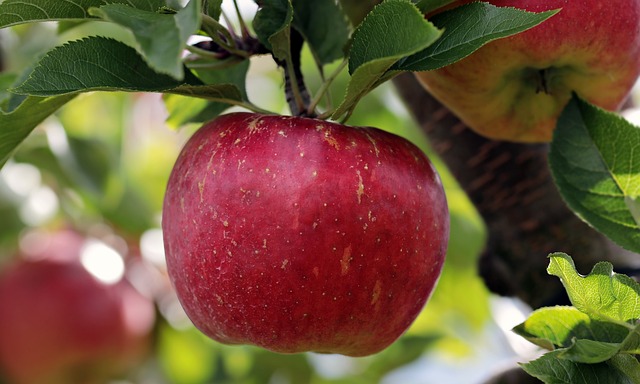Beyond Yogurt: Exploring the World of Probiotic-rich Foods
Probiotics have gained immense popularity in recent years, with numerous studies highlighting the numerous health benefits they offer. While yogurt is often synonymous with probiotics, there is a wide range of other probiotic-rich foods worth exploring. These foods not only contribute to a healthy gut but also offer a variety of flavors and textures to incorporate into your diet. So, let’s go beyond yogurt and delve into the world of probiotic-rich foods that can nourish your body and tantalize your taste buds!
1. Kefir
Kefir, a fermented beverage made from cow’s milk or goat’s milk, is an excellent source of probiotics. It contains several strains of bacteria and yeasts, making it a potent probiotic option. Kefir not only aids digestion but also supports a healthy immune system. Its tangy flavor and creamy texture make it a versatile ingredient in smoothies or a refreshing standalone drink.
2. Sauerkraut
Sauerkraut, a traditional fermented cabbage dish, is a probiotic powerhouse. Packed with lactobacilli bacteria, sauerkraut promotes a healthy gut flora, aids digestion, and strengthens the immune system. It can be enjoyed as a side dish, topping for sandwiches, or added to salads for a tangy crunch. When purchasing sauerkraut, make sure to choose the unpasteurized variety to retain its beneficial bacteria.
3. Kimchi
Hailed as Korea’s national dish, kimchi is a spicy fermented cabbage preparation that has gained worldwide popularity. Made with a mix of vegetables, including cabbage, radishes, and spices, kimchi offers a diverse range of probiotics. This fiery condiment not only adds a punch of flavor to any dish but also supports gut health and provides antioxidant benefits.
4. Miso
Miso, a traditional Japanese seasoning made from fermented soybeans, is a great source of probiotics. It is rich in beneficial bacteria, enzymes, and various nutrients. Miso paste can be used to flavor soups, marinades, and glazes, adding a distinct umami flavor to your dishes. With its probiotic properties, miso not only enhances the taste but also promotes good gut health.
5. Tempeh
Tempeh, originating from Indonesia, is a fermented soybean product that is becoming increasingly popular among plant-based eaters. It offers a high protein content and a rich profile of probiotics. With its nutty flavor and firm texture, tempeh can be used as a meat substitute in stir-fries, sandwiches, or even grilled on its own. Incorporating tempeh into your diet allows you to reap the benefits of probiotics while enjoying a delicious and filling meal.
6. Kombucha
Kombucha is a fizzy, fermented tea drink that has gained widespread popularity as a delicious and healthy alternative to sodas. Made by fermenting sweetened tea with a symbiotic culture of bacteria and yeast (SCOBY), kombucha offers a refreshing yet tangy taste. It is loaded with probiotics and contains antioxidants that support your overall well-being. You can find kombucha in various flavors, making it a diverse and enjoyable way to consume probiotics.
7. Pickles
Pickles are a staple in many cuisines and are made by fermenting cucumbers or other vegetables in a brine solution. While the commercially available pickles are often vinegar-based and lack probiotic benefits, homemade lacto-fermented pickles are rich in beneficial bacteria. These pickles contribute to a healthy gut, aid digestion, and add a delightful crunch to your meals. Making your own pickles allows you to control the ingredients and the fermentation process, ensuring a good supply of probiotics.
8. Yogurt Alternatives
For individuals who are lactose intolerant or follow a plant-based diet, yogurt alternatives made from coconut milk, almond milk, or soy milk can be excellent sources of probiotics. Just like regular yogurt, these alternatives are fermented with live cultures and offer similar benefits for gut health. They can be enjoyed as a snack, added to smoothies, or used as a base for creamy desserts.
Conclusion
While yogurt is undoubtedly a







